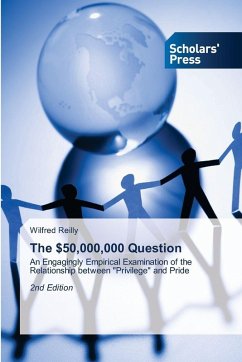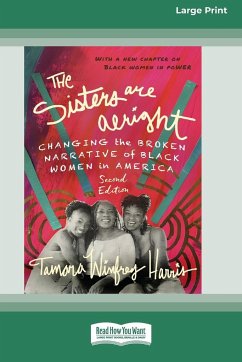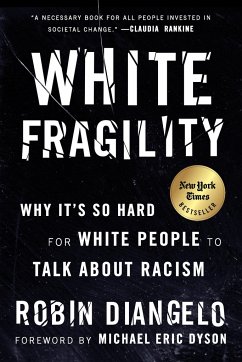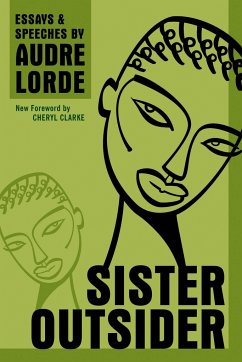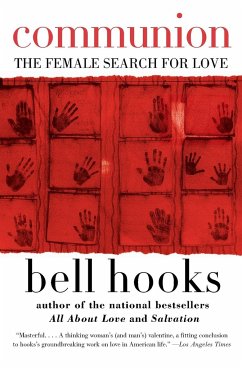
The $50,000,000 Question
An Engagingly Empirical Examination of the Relationship between "Privilege" and Pride
Versandkostenfrei!
Versandfertig in 6-10 Tagen
20,99 €
inkl. MwSt.

PAYBACK Punkte
10 °P sammeln!
The question of what causes individuals to value identities such as their race or sexual orientation is a contentious one. Many scholars, notably on the U.S. Left, argue that majority group statuses like "whiteness" have value within somewhat prejudiced societies (Harris 1993; McIntyre 2002), and that majority group members value these identities more highly than minorities can be expected to value minority identities (Hacker 1995). However, more recent empirical work within the context of paradigms of oppositional identity such as Linked Fate Theory (see Simein 2005) indicates that this simpl...
The question of what causes individuals to value identities such as their race or sexual orientation is a contentious one. Many scholars, notably on the U.S. Left, argue that majority group statuses like "whiteness" have value within somewhat prejudiced societies (Harris 1993; McIntyre 2002), and that majority group members value these identities more highly than minorities can be expected to value minority identities (Hacker 1995). However, more recent empirical work within the context of paradigms of oppositional identity such as Linked Fate Theory (see Simein 2005) indicates that this simply may not be true. My book tests the question, using modern quantitative techniques such as Large-N anonymous ordinal and List Experiment surveys, to examine whether members of four minority groups (Blacks and Latinos, women, LGBT citizens, religious minorities like Jews and atheists)value their identities less than members of four equivalent majority groups. Overall, the answer is a strong "NO," although I do find some evidence of dishonesty among majority group members like whites. Read on!



